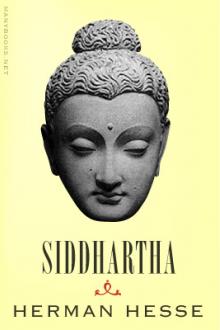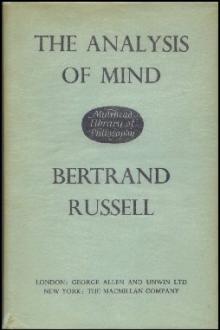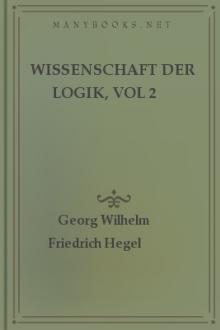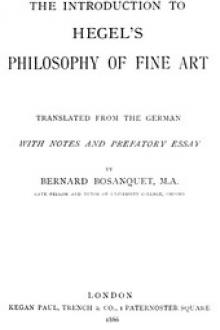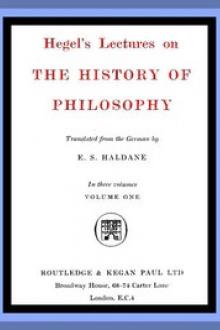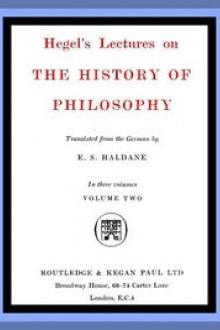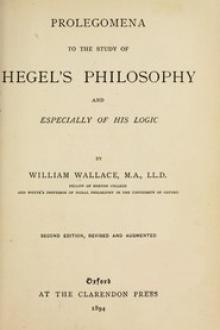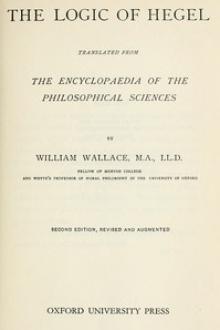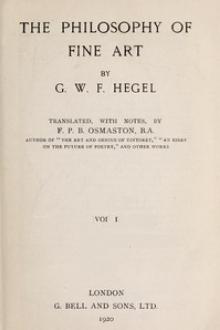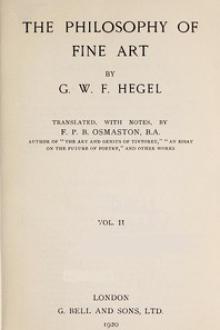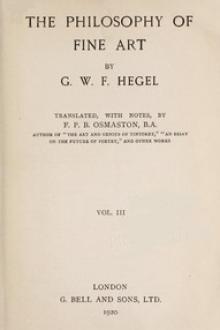Hegel's Philosophy of Mind
Hegel's Philosophy of Mind
The Encyclopedia of the Philosophical Sciences is a systematic work by Georg Wilhelm Friedrich Hegel in which an abbreviated version of his earlier Science of Logic was followed by the articulation of the Philosophy of Nature and the Philosophy of Spirit (also translated as Philosophy of Mind). The work describes the pattern of the Idea as manifesting itself in dialectical reasoning.
Book Excerpt
acter. Thus the philosophy of mind, beginning with man as a sentient organism, the focus in which the universe gets its first dim confused expression through mere feeling, shows how he "erects himself above himself" and realises what ancient thinkers called his kindred with the divine.
In that total process of the mind's liberation and self-realisation the portion specially called Morals is but one, though a necessary, stage. There are, said Porphyry and the later Platonists, four degrees in the path of perfection and self-accomplishment. And first, there is the career of honesty and worldly prudence, which makes the duty of the citizen. Secondly, there is the progress in purity which casts earthly things behind, and reaches the angelic height of passionless serenity. And the third step is the divine life which by intellectual energy is turned to behold the truth of things. Lastly, in the fourth grade, the mind, free and sublime in self-sustaining wisdom, makes itself an "exemplar" of virtue, and is ev
FREE EBOOKS AND DEALS
(view all)Popular books in Philosophy
Readers reviews
1.0
LoginSign up
The ponderous translation makes what is already a complex topic doubly difficult to understand. First it's necessary to read to understand what the translator's convoluted and clumsy sentence construction means, then it's necessary to re-read to get the sense of what Hegel might have meant.
I'd rather read it in the original.
I'd rather read it in the original.
- Upvote (0)
- Downvote (0)

 Free Download
Free Download












